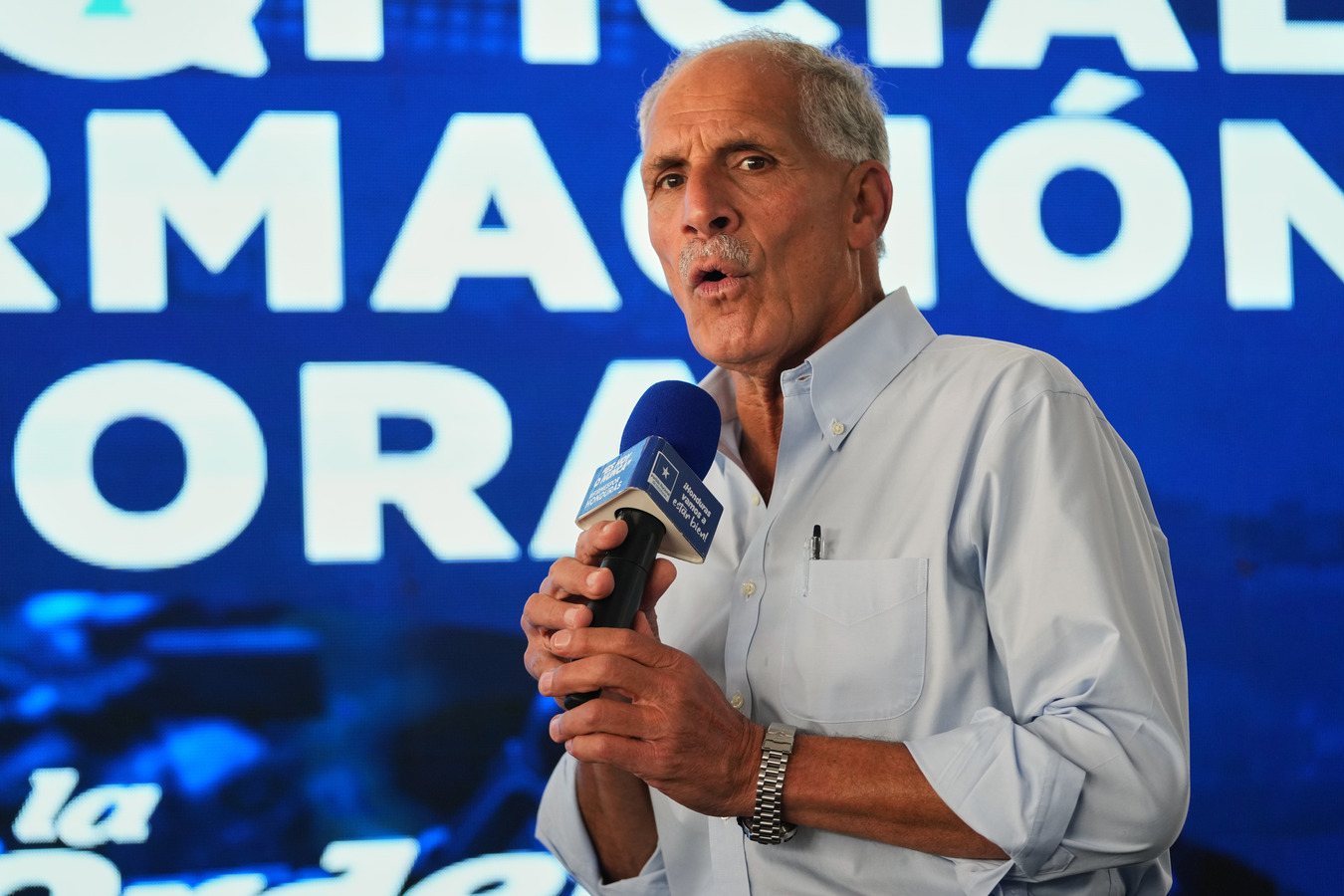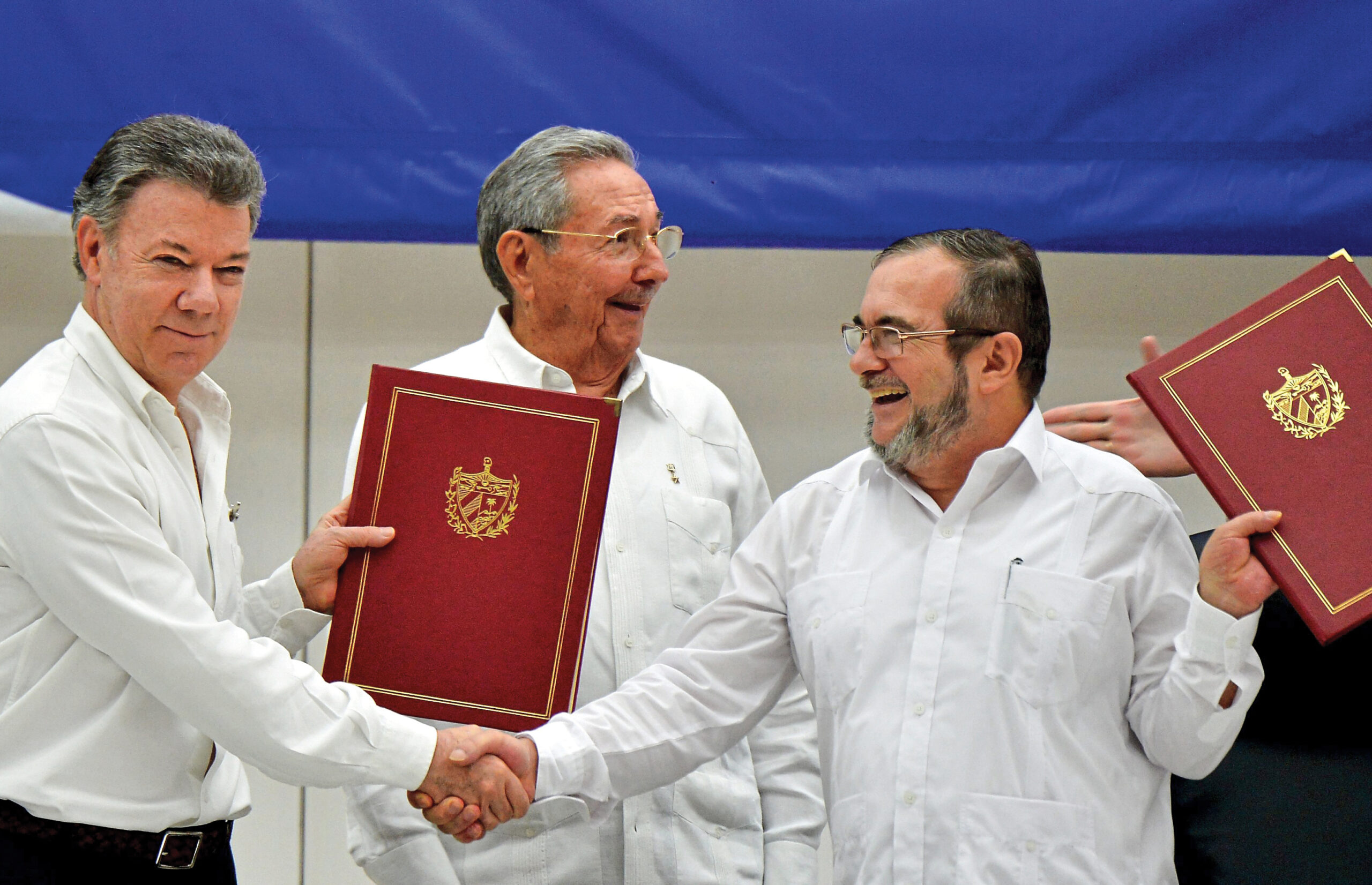Honduran Fire Reveals Central America's Prison Woes
Honduran Fire Reveals Central America's Prison Woes
The February 14 fire that claimed more than 350 lives in a Honduran prison revealed the grave overcrowding in the region's jails and raised questions about modernizing Central America's justice system.
The deadly fire on February 14 in Comayagua, Honduras was another reminder of the dangers of Latin America’s overcrowded prisons. The fire claimed over 350 lives of the more than 800 prisoners in a facility designed to hold far fewer. These numbers reflect the general state of Honduras’ penitentiary system, estimated to be nearly 40 percent over capacity. Though overcrowded prisons are a Latin America-wide issue, drug and gang violence in northern Central America aggravate the problem there. Governments have increased efforts to tackle the violence, but without expanding their justice and prison systems accordingly. The overcrowding reveals deeper issues in Central America’s ability to effectively combat crime and violence.
Prisons in the Northern Triangle countries of El Salvador, Guatemala, and Honduras struggle with overcrowding exacerbated by local policy. A UN working group earlier this month expressed concerns for the Salvadoran prison system, citing overcrowding, limited access to counsel, and a judicial system in which suspects can wait as long as eight years for appeals. Facing rising crime rates in recent years, the governments of El Salvador and Honduras—and to a lesser extent Guatemala—passed harsh laws to crack down on criminal activity. These laws, known as mano dura (iron fist) made it legal to imprison suspects on light evidence of gang association, including having a certain tattoo or contact with gang members. According to a 2011 Congressional Research Service report, these measures caused already overcrowded prisons to be “filled beyond their capacities with thousands of suspected gang members, many of whom have yet to be convicted of any crimes.” This matter is reflected in the Associated Press report that half the prisoners at Comayagua had yet to be convicted of a crime. In a statement, director of the Americas division of Human Rights Watch José Miguel Vivanco added: "Authorities have been locking up convicted and suspected criminals, but failing to address the conditions in which they are held."
Amid international organizations’ calls for greater investments in the prison and judicial system, Honduran Security Minister Pompeyo Bonilla responded that Honduras does not have the resources. Bloggings by Boz’s James Bosworth writes that given the limited resources of Northern Triangle countries, prison reform falls low on the political agenda, especially due to a cultural mindset that “prisoners deserve it.” Moreover, as Insight Crime reports, Central America’s tax collection is among the lowest in the world, with tax collection as a percentage of GDP lower than that of many sub-Saharan African countries. To raise revenue, all three countries proposed a “security tax” based on the Colombian model—where a 2002 tax on wealth raised billions of dollars and contributed to improved security conditions in that country. However, the proposals in Central America were rejected or gutted after passage at the insistence of elite groups, reports Time’s Tim Padgett.
Beyond state investment in the judicial and prison system, regional authorities call on international actors to curb the drug trade to fight crime. Last week, recently elected Guatemalan President Otto Pérez controversially proposed decriminalizing drugs. “[I]f drug consumption isn’t reduced, the problem will continue,” he said. The proposal attracted a measure of support from Salvadoran President Mauricio Funes as well, but was condemned by the United States. Honduran Foreign Minister Arturo Corrales told CNN, “We do not produce drugs, nor are we the main place where they are consumed, but we suffer from... the extreme increase in violence in our country because of drug trafficking.”
Learn More:
- Read a Congressional Research Service report on gang crime in Central America, which includes coverage of the prison crisis.
- Access the Americas page of Human Rights Watch.
- Watch an Estrella TV report on prison overcrowding in Honduras.
- Read an article in Time’s Global Spin blog by Tim Padgett on Central America’s challenges in fighting crime and pursuing prison reform.
- Learn about the growth of the drug trade in the Northern Triangle in a January 2011 article in The Economist.








